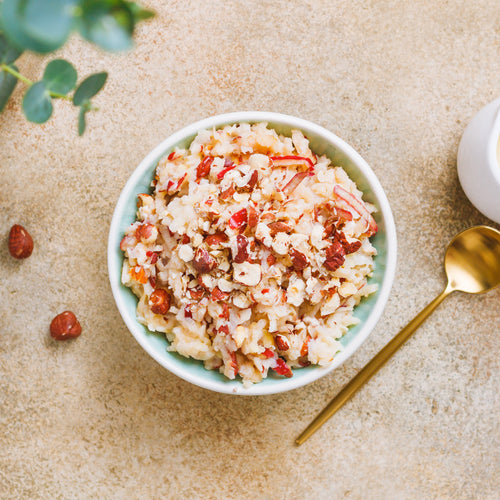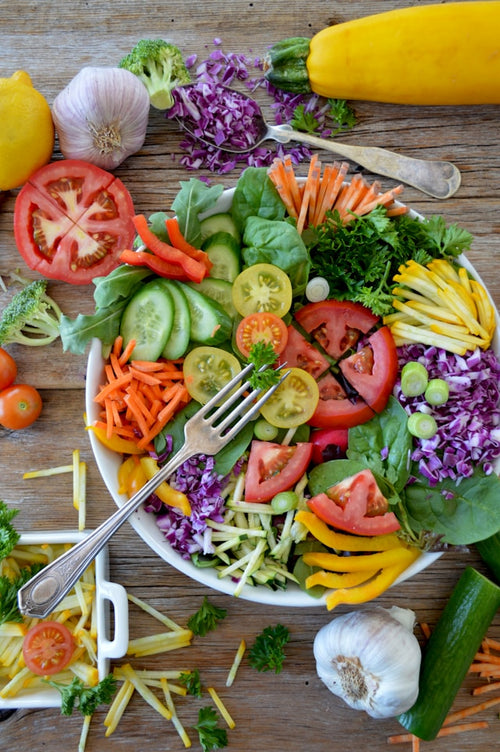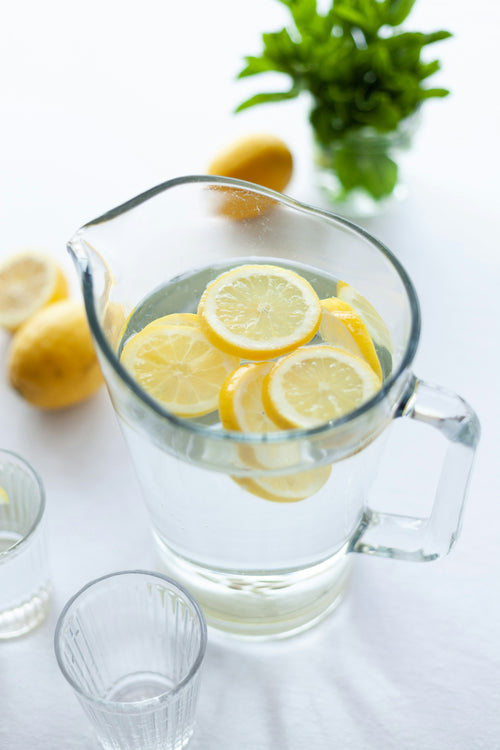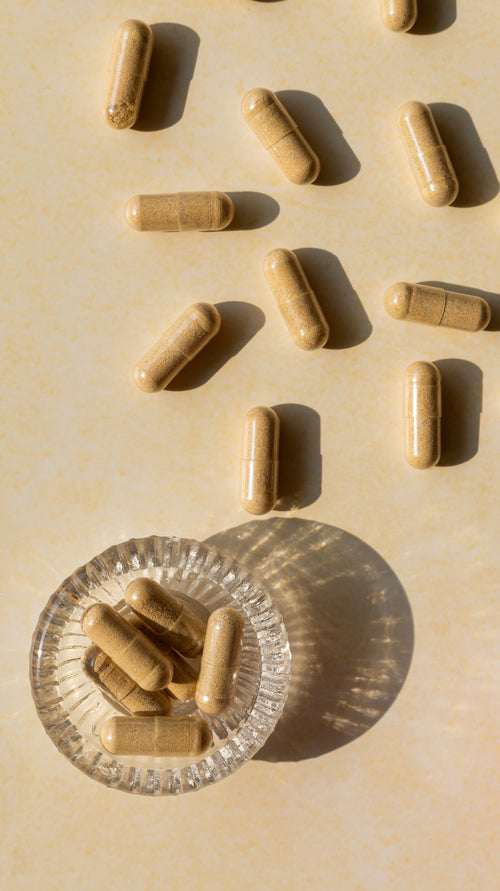You have just eaten a meal and now you are sitting there feeling puffy and your waistband is too tight. You might be experiencing bloating.
How do I know if I am bloated?
Here are some of the signs that you might be experiencing bloating.
- Your stomach is hard and distended, especially after eating.
- You might find yourself burping frequently.
- There are a lot of gurgling noises from your gut.
- You might pass more gas.
- All this might be accompanied by stomach ache.
What causes bloating?
The most common cause of bloating has to do with intestinal gas, however there are a couple of other reasons.
Constipation
Some people who struggle with regular bowel movements might find that they become distended with the build-up of waste matter. This waste can also be prone to fermentation and the gases produced add to the problem.
Fluid retention
This is an issue, especially for women around their menstrual cycles. Hormone fluctuations can lead to the retention of water and feelings of puffiness around the abdominal area.
Intestinal gas
Gas can occur ingesting air with the food and fluids we consume. However, the majority is a waste product produced by our intestinal microbes processing the food we eat. This is often from carbohydrates (sugars, starches and fibrous cellulose – the tough outer walls of plants).
The gases our gut bacteria produce are usually odourless such as carbon dioxide, hydrogen, nitrogen, oxygen, and occasionally methane. The mixture of gases we each produce is as unique as the microbial population that makes up our intestinal microflora, with different types of gut bacteria producing different gases. Less than 1% of intestinal gas is made up of sulphur-containing odour-producing molecules, most often hydrogen sulphide, but even concentrations as low as one-half part per billion can be unpleasant
When the balance of beneficial bacteria is outweighed by less beneficial bacteria and yeasts, this can affect the amount and types of gasses being produced.
Food intolerances
Generally, most people can digest a range of foods, but some people lack the enzymes to break down some foods. For example, lactase is needed to break down lactose in dairy products. Without the proper enzymes being available, foods can linger in the gut causing bloating, gas and may affect bowel movements. Common food intolerances include dairy and gluten.
Also, as we age the production of enzymes declines, so we are less effective at breaking down our food, which can lead to bloating.
Gas producing foods
Some foods can be more likely to make us produce gas than others. Often these are foods high in insoluble fibre, such as beans, lentils or bran. Sulpur-containing foods such as those from the brassica family, like cabbage, can produce unpleasant gas in some people. Fructose and sorbitol foods and carbonated drinks may also lead to more gas.
What can we do to reduce bloating?
Here are our top hacks to help with problem gas:
- Eating habits - chew food thoroughly, sit relax and don't wolf food down.
- Reduce consumption of carbonated beverages.
- Avoid drinking through straws.
- Avoid chewing gum - this is because with the constant chewing we swallow more air, but also the sugar alcohols in sugar-free options cause gas.
- It might also be necessary to avoid those problem foods that trigger bloating. Common culprits include beans, Brussels sprouts, cabbage, dairy products containing lactose, onions, leeks and garlic, fruits, and starchy foods (wheat, other grains, potatoes, corn) etc. However, what may be a problem food for one person may be fine for someone else.
How can Phloe® help?
All Phloe® products contain Zyactinase® kiwifruit extract. This can help bloating by supporting bowel regularity and the soluble fibre feeds our good gut bacteria. Also, this special extract contains actinidin an enzyme that helps to support digestion, especially of carbohydrates.
Phloe® Biotics
This contains Zyactinase® kiwifruit extract, but also contains one billion Bacillus coagulans MTCC 5856 (Lactospore®) probiotics per capsule. These spore biotics help to support healthy populations of beneficial bacteria, whilst restoring a normal balance of less beneficial bacteria and yeasts. This can be helpful for people who struggle with bloating due to gut flora imbalances.
Phloe® Zyme
This product has all the benefits of regular Phloe®, containing Zyactinase® and actinidin, but also DigeZyme®. This multienzyme complex has different types of enzymes to smoothly break down all kinds of food. This helps reduce gas and bloating, especially for those people whose enzyme levels have declined over time. It also contains lactase to help with the digestion of dairy products and cellulase to help break down fibrous fruit and vegetables.
If you have more questions about bloating or which Phloe® product is right for you, drop a question to one of our naturopaths or book a free 15-minute appointment.






